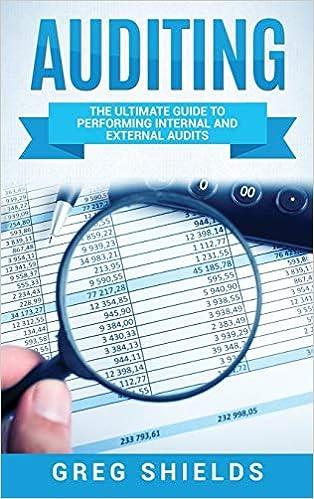2. What do we mean by perfection? What is a financing agreement? Read, brief and discuss Kimbrell's of Sanford, Inc. v. KPS, Inc. a. Why did Kimbrell's have a perfected security interest in the VCR? b. What added benefit would Kimbrell have received by filing a financing statement? c. Answer the question posed at the end of the case: (1) Critical Thinking Question: When, if ever, should the law make a security interest automatically perfected? Explain. 3. Discuss the priorities among the various parties who may have competing interests in collateral and the rights and remedies of the parties to a security agreement after defafilt by the debtor. Read, brief and discuss Chrysler Credit Corporation v. Koontz. [attached] a. Did Chrysler breach the peace in repossessing the car? b. Does Koontz' warning to Chrysler not to come on the property prevent Chrysler from legally doing so? c. Answer the question posed at the end of the case: (1) Ethical Question: Did the court decide the case fairly? (2) Critical Thinking Question: Why is it important for creditors to have the right to repossess? Explain. 2. What do we mean by perfection? What is a financing agreement? Read, brief and discuss Kimbrell's of Sanford, Inc. v. KPS, Inc. a. Why did Kimbrell's have a perfected security interest in the VCR? b. What added benefit would Kimbrell have received by filing a financing statement? c. Answer the question posed at the end of the case: (1) Critical Thinking Question: When, if ever, should the law make a security interest automatically perfected? Explain. 3. Discuss the priorities among the various parties who may have competing interests in collateral and the rights and remedies of the parties to a security agreement after defafilt by the debtor. Read, brief and discuss Chrysler Credit Corporation v. Koontz. [attached] a. Did Chrysler breach the peace in repossessing the car? b. Does Koontz' warning to Chrysler not to come on the property prevent Chrysler from legally doing so? c. Answer the question posed at the end of the case: (1) Ethical Question: Did the court decide the case fairly? (2) Critical Thinking Question: Why is it important for creditors to have the right to repossess? Explain







